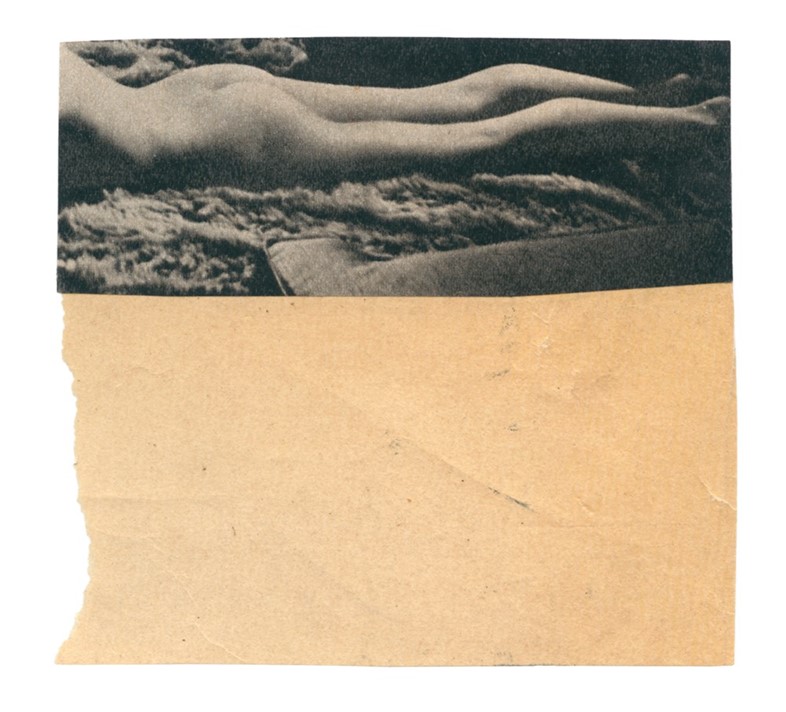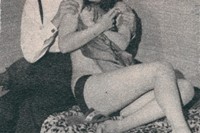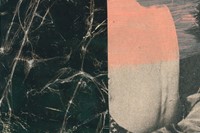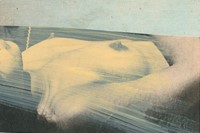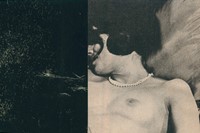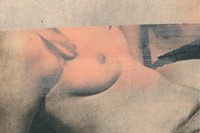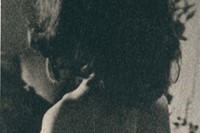As her new book Dirty Scenes is published, the Belgian collage artist discusses identity and anonymity in her captivating work
It’s widely accepted that art can be used to heal – so much so that it is often employed in therapeutic contexts. Belgian artist Katrien de Blauwer uses the medium of collage to this very same end. “It tells me a lot about myself,” she says. “The images I make confront me with what’s playing in the back of my head; I see a lot of recurring themes and they act as a mirror of my soul.”
This underpins her latest body of work, which is titled Dirty Scenes and published by Libraryman. Born in the small town of Ronse, Belgium, de Blauwer had a troubled upbringing and moved to Ghent at an early age to study painting. Later on, while studying fashion at the Royal Academy in Antwerp, she created her first set of collage books and moodboards for her collections. Following that, she began collecting and recycling images from old magazines as a means of therapy – a process which has come to define her style.
In Dirty Scenes, pages are often overlaid with paint and crayon, disrupting the intimacy of the images. Although unspoken, the narrative seems to draw from the artist’s own life – her body, femininity and sexuality, as well as alluding to absent male figure and various other unknown female characters.
Anonymity is a central theme in de Blauwer’s work, she describes it as “an important part of the language”. “In Dirty Scenes, anonymity is prominent because this series deals with hidden anonymous encounters,” she says. By working this way, de Blauwer hopes that both herself – the artist – and the audience can appreciate the story and experience it in unison. “The viewers can identify with the intimate image or narrative due to becoming anonymous themselves, and eventually the story belongs to everyone. I’m acting as a neutral intermediary between the story of others and my own, I did not make these images, but I gave them a new life and meaning; I bring satires from others into my inner world and vice versa.”
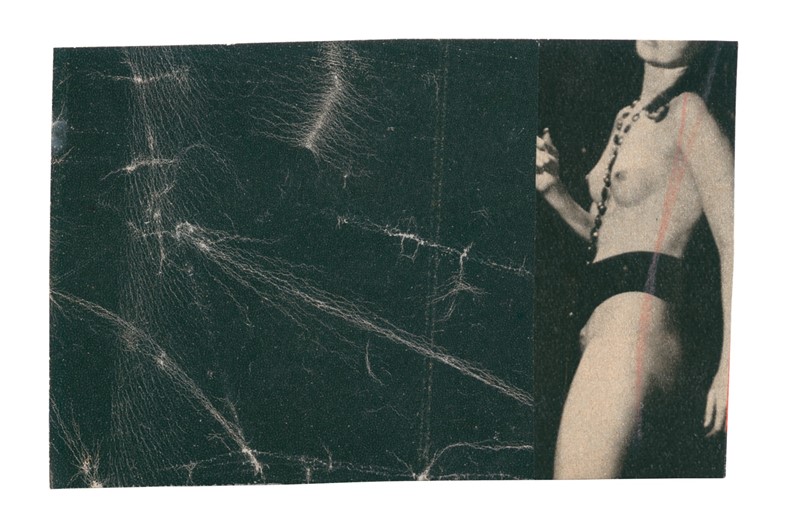
Dirty Scenes is a supplement to Why I Hate Cars – a story where the male figure is central but not present. Here, contrastingly, the female subjects are in focus, yet their faces are obstructed from view. As seen through the fantasy of a young girl, the subjects are positioned in a way that hinders all sense of identity – perhaps symbolising naivety, a lack of understanding, or a need to ignore the of the scenarios taking place.
Either way, it’s widely known that art and creative techniques can act as a successful means of psychotherapy. De Blauwer compares her collage work to “visiting a therapist” – “I talk through my work.”
“As I age, my work is growing with me as I mature, and everything my work is trying to tell me is becoming clearer,” she says. “It’s a healing process; it’s a quest, and one that often confronts me with myself.”
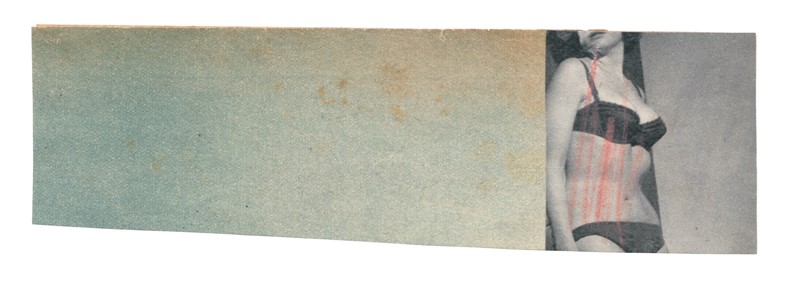
Dirty Scenes and Why I Hate Cars are out now, published by Libraryman.
The two publications accompany an exhibition, Love Me Tender, on show at Galerie Les Filles du Calvaire, Paris, from May 18 – June 15, 2019.
